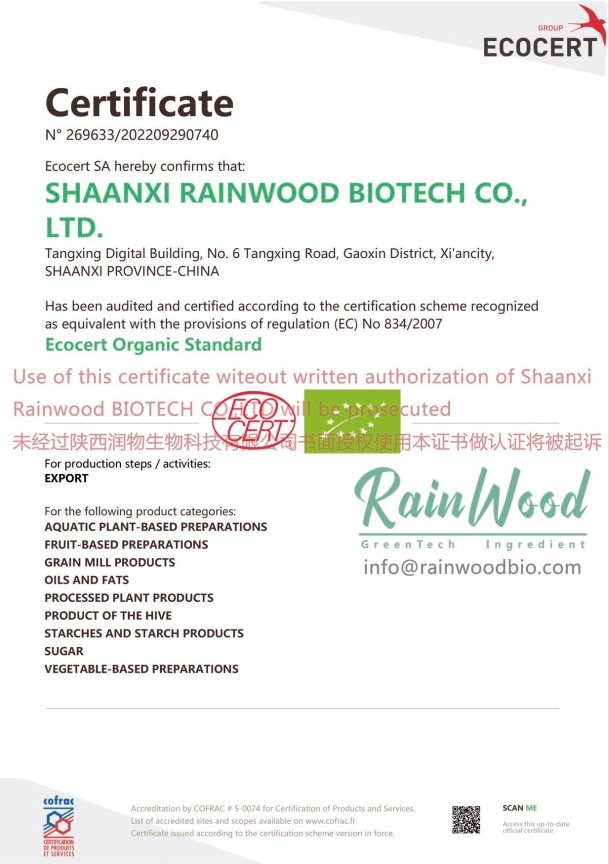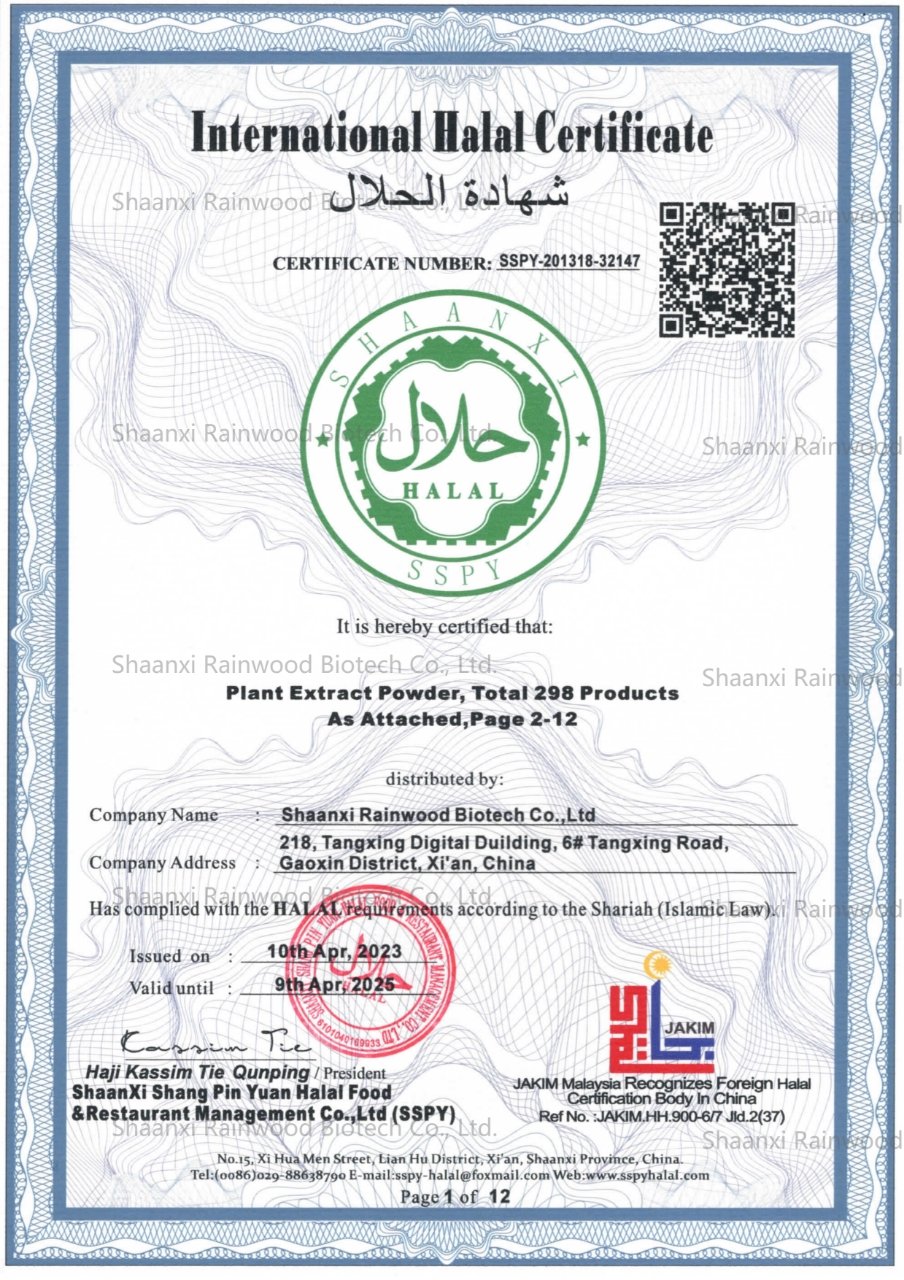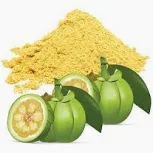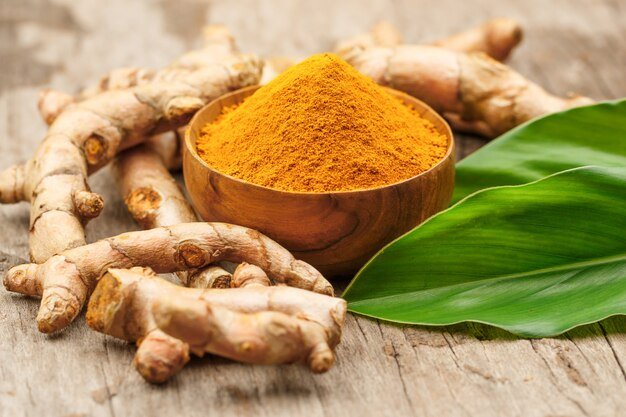Capsaicin, the fiery component in chili peppers, not only adds spice to your meals but also serves medicinal purposes. Uncover its composition, sources, solubility, and versatile applications in pain relief and health enhancement.

Composition of Capsaicin
Capsaicin, scientifically known as 8-methyl-N-vanillyl-6-nonenamide, is an active compound found in chili peppers, specifically plants within the Capsicum genus. This chemical irritant induces a burning sensation in mammalian tissues upon contact.
Sources of Capsaicin
Present in various hot peppers like cayenne peppers, capsaicin provides the characteristic spiciness. Whether consumed in raw or cooked peppers, as a dried powder in culinary applications, or as a dietary supplement, capsaicin offers diverse ingestion methods. Additionally, it features prominently in topical creams and prescription skin patches.
Solubility of Capsaicin
Due to its hydrophobic structure, capsaicin exhibits solubility in fat, alcohol, and various organic solvents. It exists in a colorless, odorless form, ranging from crystalline to waxy.
Health Benefits of Capsaicin
Research suggests capsaicin’s potential to boost metabolism, aiding in energy utilization and fat burning. It may also contribute to appetite reduction, supporting weight management efforts.
Medical Applications of Capsaicin
Capsaicin finds application in pain relief by initially stimulating and subsequently diminishing pain signals. Topical use, through creams, gels, or patches, proves effective in alleviating pain associated with various conditions such as post-surgery, diabetic neuropathy, and arthritis.
Supplement Use and Digestive Benefits
When consumed as a dietary supplement, capsaicin may enhance digestion by increasing stomach digestive fluids and combating bacteria, potentially preventing infections. Its antioxidant properties protect cells from free radical damage.
Respiratory and Lung Health
Capsaicin’s properties may contribute to respiratory health by thinning mucus and facilitating its removal from the lungs. There’s speculation about its role in strengthening lung tissues, possibly aiding in the prevention or treatment of conditions like emphysema.
Side Effects of Capsaicin
Topical application may cause warmth, stinging, or burning, with potential respiratory effects if inhaled. While serious side effects are rare, users should monitor for adverse reactions, including allergic responses.
In conclusion, from its origins as a culinary spice to its versatile applications in pain management and potential health benefits, capsaicin emerges as a fascinating compound with multifaceted roles in both cuisine and medicine.



















